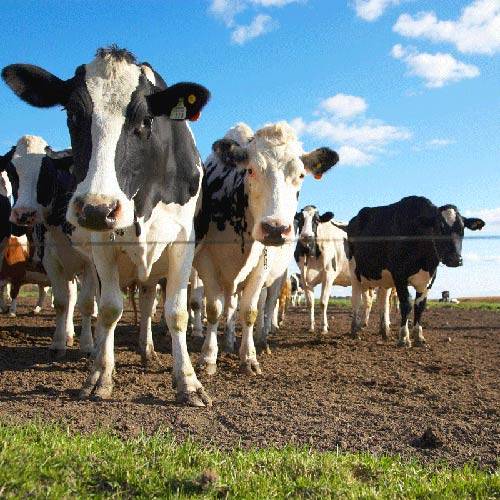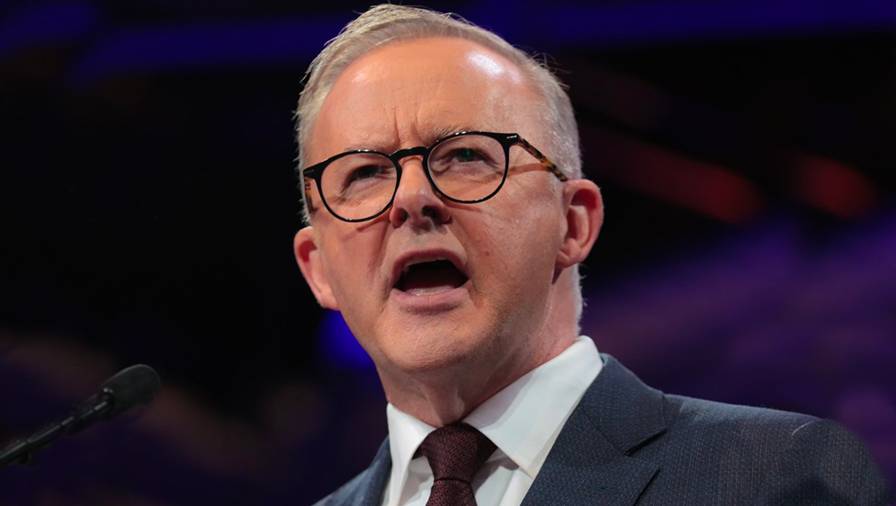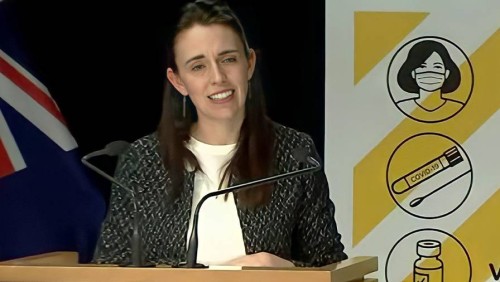

Supermarket competition, farm emissions, Pacific diplomacy
ANALYSIS: Cracking down on supermarkets might not have any immediate impact on rising prices.
NBR's political editor Brent Edwards speaks with Grant Walker.


ANALYSIS: Cracking down on supermarkets might not have any immediate impact on rising prices.
NBR's political editor Brent Edwards speaks with Grant Walker.
Supermarkets are coming under more pressure following the Government’s announcement last week it is appointing a new Grocery Commission to hold them to account.
Commerce Minister David Clark said the new industry watchdog would be based in the Commerce Commission and would help keep pressure on the grocery sector by providing annual state-of-competition reviews.
Clark also released a draft code of conduct for consultation to ensure supplies get a fair deal from the two big supermarket chains.
But will it make a difference? Possibly not immediately, although the supermarkets themselves appear to be feeling the pressure.
The first commissioner – or supermarket referee – will not be appointed until next year and is likely to take some time before starting to pull the supermarkets up for infringing the rules. He or she is unlikely to offer any immediate relief to consumers facing runaway prices.
Yet, at the same time, there are signs the supermarkets know their days of running rampant are over and that they need to restrain prices and exhibit at least some of the benefits normally associated with a competitive, free market.
The code of conduct should also have some effect by preventing the major retailers from using their power to push costs and risks on to their suppliers, who are often minnows up against giants.
From a political perspective at least, the Government will want to demonstrate progress has been made – and that it is reflected in more competitive prices on supermarket shelves – by the time of the next election. But those still struggling to stretch the household budget to keep up with rising food prices might not get any real relief this year.

Farmers are not happy with recommendations.
Farm emissions
Some of those suppliers, namely farmers, are also not too happy after the Climate Change Commission recommended to the Government that it adopt the He Waka Eke Noa plan for pricing on-farm emissions, but with some notable changes.
The one that got most up farmers’ noses was the Commission’s recommendation that sequestration from on-farm vegetation is not included as part of the pricing system.
It provoked an immediate outcry from DairyNZ and Beef + Lamb New Zealand, with warnings that farmer support for the system could collapse if changes were made.
“It’s important to stress, the cross-sector agreement is finely balanced and required significant negotiation and compromise from all 13 partners to ensure we could all support the final recommendations.
“On that basis, we urge the Government to accept our proposal without changes to continue that cross-sector support,” Beef + Lamb NZ chair Andrew Morrison said.
“Sequestration was a foundation of the He Waka Eke Noa partnership with government and it is imperative it remains so,” DairyNZ chair Jim van der Poel said.
The commission also rejected He Waka Eke Noa’s proposal to include synthetic fertiliser in a farm level pricing system. Instead, it said that should be priced at the manufacturer and importer level.
Farm groups are also dismayed by that advice.
The National Party was also disappointed with the Commission’s advice and now Government ministers have until the end of the year to consider the Commission’s recommendations, plus further analysis and advice they will get from officials, before making a final decision on what pricing system for on-farm emissions should be put in place for 2025.

Australian Prime Minister Anthony Albanese.
Aussie mates
Prime Minister Jacinda Ardern met with Australian Prime Minister Anthony Albanese on Friday after a week of leading a trade delegation to Melbourne and Sydney.
Ardern got some wins of sorts. Albanese has committed to reviewing the rights of New Zealanders living in Australia, including their pathway to citizenship, by Anzac Day next year. It has long been a point of contention for New Zealanders living across the Tasman that while they pay taxes they do not get full access to all the benefits that come from being an Australian taxpayer.
That could change, depending on what Albanese’s review comes up with.
At the same time, the Australian Prime Minister said the 501 policy would remain in place but a ‘common sense’ approach would be taken, such as in the case of someone who had effectively lived their whole life in Australia.
Successive New Zealand governments have not disputed Australia’s right to deport New Zealand citizens convicted of offences in Australia but have questioned the policy when it applied to people who had lived the majority of their life across the Tasman and had no ties to this country.
After years of lobbying, there is now the hope Australian authorities will take a more realistic approach to deportations and not simply dump people in New Zealand who have no support networks here.
The two leaders, who attended the Australia-New Zealand leadership forum with business leaders from both sides of the Tasman, also found common ground on a host of international issues, including Russia’s invasion of Ukraine, North Korea, concerns about China, international trade, the Covid-19 pandemic, and the threat of climate change.

Prime Minister Jacinda Ardern.
Pacific problems
Much of that – particularly China, Covid, and climate change – will be up for debate again this week as both Ardern and Albanese attend the Pacific Islands Forum meeting in Suva.
“The Prime Ministers highlighted the value of consultation on security measures within the region and called on other partners to engage with the region on security issues in an open and frank manner in line with regional priorities,” they said in their joint statement.
Take note China.
But even before they flew to Suva, the forum has been rocked by Kiribati’s decision to withdraw from the regional body. That poses another diplomatic challenge for Ardern and the other Pacific leaders as they try to get the forum back on track.